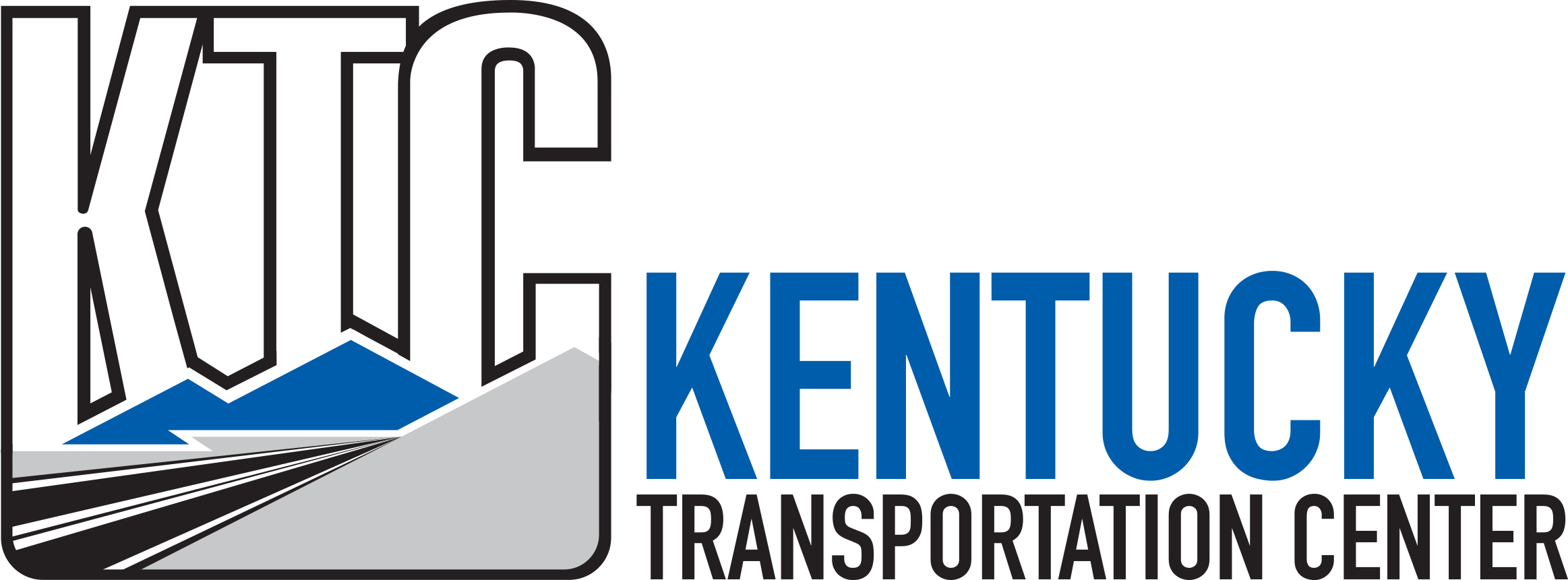Abstract
State transportation agencies have limited funding to deliver multimodal transportation programs that address the needs of all users. To allocate project funding in an impartial and objective manner, many agencies have adopted data-driven scoring systems that are used to evaluate the merits of proposed capital improvement projects. The Kentucky Transportation Cabinet introduced the Strategic Highway Investment Formula for Tomorrow (SHIFT) for this purpose. Until now SHIFT, has evaluated projects based five core variables — congestion, safety, benefit-cost ratio, asset management, economic growth. To address local needs, SHIFT has also allocated points that Area Development Districts, metropolitan planning organizations, and Cabinet districts can use to boost scores, and thus increase their chances for funding. However, SHIFT has not explicitly addressed pedestrian/bicycle improvements in its scoring formula. Based on a literature review and experimentation with different methodologies, this report proposes a method of scoring proposed pedestrian and bicycle improvements for SHIFT—2024. Under the scoring system, up to 10% of SHIFT’s available points may be awarded to pedestrian and bicycle improvements — 5% for pedestrian improvements and 5% for bicycle improvements. In addition to the new scoring component, the report proposes a list of general project categories that can be used to classify pedestrian/bicycle improvements. Categorization can facilitate benefit-cost analysis, establish a foundation for systematically evaluating projects, and inform the future refinement of the SHIFT process.
Report Date
1-2023
Report Number
KTC-23-10
Digital Object Identifier
https://doi.org/10.13023/ktc.rr.2023.10
Repository Citation
Stamatiadis, Nikiforos; Korostina, Daria; Wang, Teng; and Souleyrette, Reginald, "Pedestrian and Bicycle Improvement Scoring Method for SHIFT–2024" (2023). Kentucky Transportation Center Research Report. 1785.
https://uknowledge.uky.edu/ktc_researchreports/1785



Notes
© 2023 University of Kentucky, Kentucky Transportation Center Information may not be used, reproduced, or republished without KTC’s written consent.